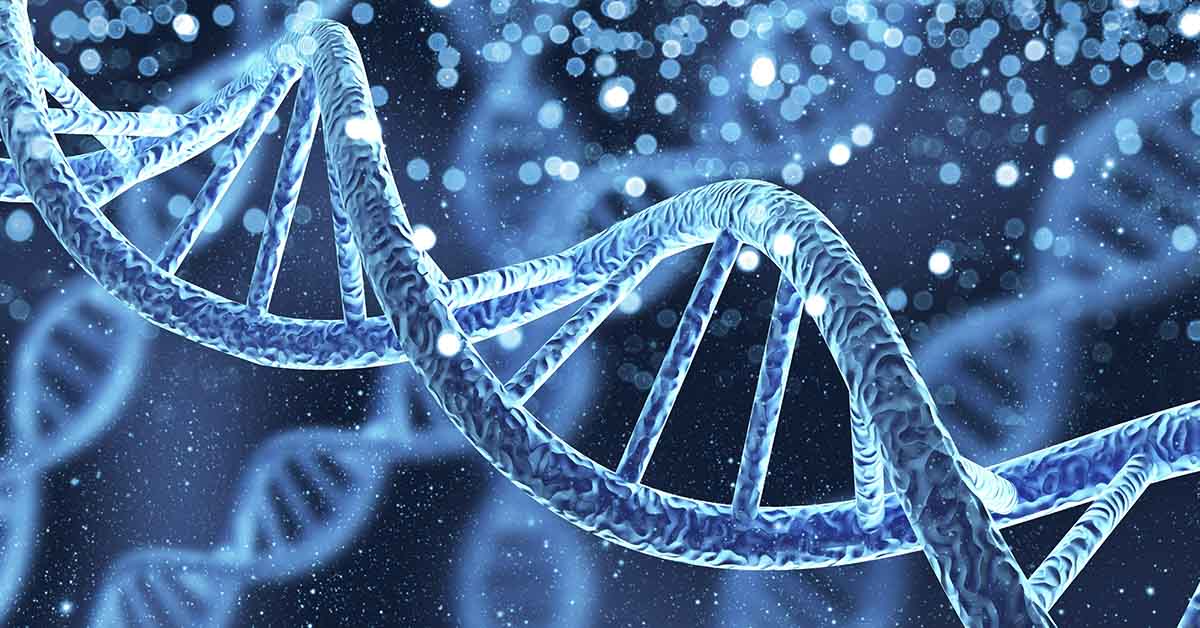Research says that anxiety and Irritable Bowel Syndrome (IBS) are closely related disorders. Many individuals with IBS also experience symptoms of anxiety, and vice versa. While the connection between these two conditions has been observed, the underlying reasons have remained a mystery. However, recent groundbreaking research has shed light on this intricate relationship by delving into the genetic aspect of IBS and anxiety. This research will hopefully prevent any more IBS patients from being told that their condition is “all in their head.”
Anxiety and IBS: Unveiling the Genetic Link

The study was led by Professor Miles Parkes, a consultant gastroenterologist at Cambridge’s Addenbrookes. The study, which included more than 50,000 individuals with IBS, has revealed fascinating findings regarding the genetic link between anxiety and IBS.
It is thought that IBS affects one in every ten people. It can cause abdominal pain, bloating, and bouts of constipation, diarrhea, or both. Unfortunately, there is no real diagnostic test. This means that doctors diagnose it only after all other testable options have been ruled out. This can be a long and difficult process for suffering patients. (1)
Read More: Oldest DNA in America Traced Back to Montana Man
The Genetic Study

In this study, the team aimed to explore the genetic factors that contribute to the development of IBS and its association with anxiety. To achieve this, they compared the DNA of more than 50,000 individuals diagnosed with IBS with that of a control group comprised of healthy individuals. By analyzing the DNA of such a large sample, we were able to identify specific genetic patterns and variants that are statistically linked to both IBS and anxiety.
The Findings

The study’s results, recently published in the reputable journal Nature Genetics, have uncovered an intriguing connection between anxiety and IBS at a genetic level. They identified several genetic markers that are significantly associated with both conditions, suggesting a shared genetic component. Further findings include:
- Overall, the heritability of IBS is quite low. This refers to how big of a role your genes play in the likelihood that you will develop IBS (or any other condition, for that matter).
- Six genetic differences were more common in people with IBS than in the control groups.
- Most of these genetic factors have roles in the brain. It is possible that the nerves which supply the gut rather than the gut itself.
- The same genetic makeup that puts people at increased risk of IBS also increases the risk for common mood and anxiety disorders such as anxiety, depression, and neuroticism, as well as insomnia.
These findings provide compelling evidence that there is a predisposition to developing both IBS and anxiety on a genetic level.
“One possible explanation is the so-called brain-gut axis,” said lead researcher Zahid Ijaz Tarar, MD, assistant professor of clinical medicine. “We’ve long suspected that dysfunction of the brain-gut axis is bidirectional, such that IBS symptoms influence anxiety and depression, and on the other hand, psychiatric factors cause IBS symptoms. Medical professionals need to treat both ends of the axis.” (2)
Read More: Chemical found in widely used sweetener breaks up DNA in-vitro
Implications and Future Research

Understanding the genetic link between anxiety and IBS opens up new avenues for research and potential treatment options. Identifying specific genetic markers associated with both conditions allows researchers to target these markers for further investigation. By delving deeper into these genetic variants, scientists hope to gain a better understanding of the underlying mechanisms that contribute to the development of both anxiety and IBS.
Furthermore, these findings may lead to the development of more personalized treatment approaches. With a clearer understanding of the genetic factors involved, healthcare providers can potentially identify individuals at a higher risk for developing anxiety and IBS. This knowledge could enable early intervention and more targeted therapies tailored to each individual’s genetic predispositions.
The Bottom Line

The groundbreaking study conducted by the research team has unearthed a remarkable genetic link between anxiety and IBS. The shared genetic markers discovered provide vital insights into the complex relationship between these two conditions. By unraveling the genetic underpinnings, we hope to pave the way for more effective treatments and improved management strategies for individuals suffering from anxiety and IBS. Continued research in this area will be crucial in further understanding and addressing the complex interplay between anxiety and IBS.
Read More: Vikings may not be who we thought they were, DNA study finds
Sources
- “Anxiety link to irritable bowel syndrome seen in DNA – research.” BBC. Michelle Roberts. November 6, 2021.
- “Irritable Bowel Syndrome Patients Suffer High Rates of Anxiety and Depression.” University of Missouri. February 22, 2023

